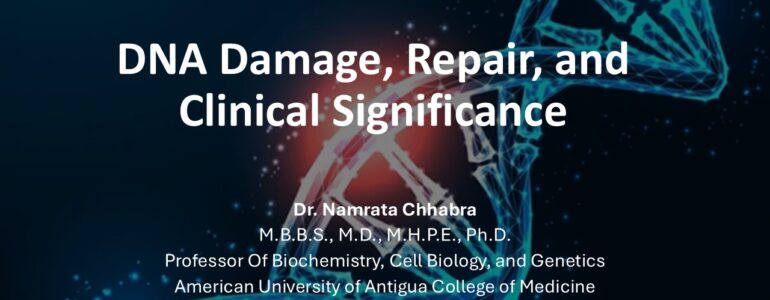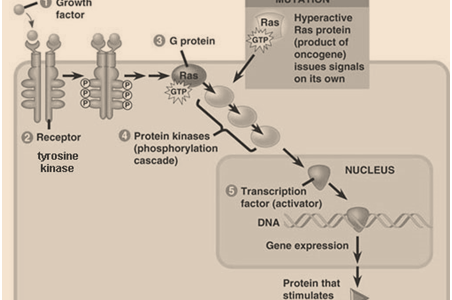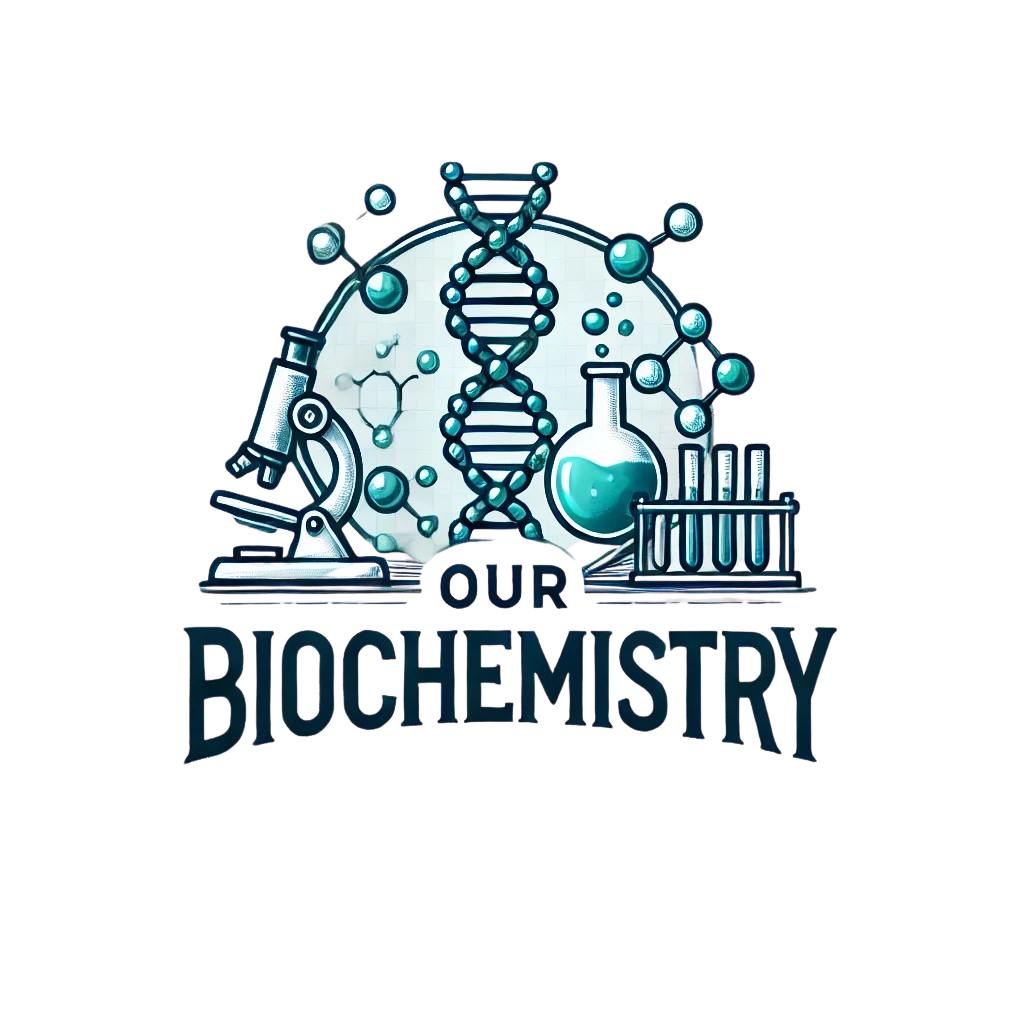cancer genetics
Our Biochemistry > cancer genetics
Understanding DNA Repair: 15 High-Yield Case-Based Questions
16
Mar

Test your knowledge of DNA damage and repair with 15 case-based multiple-choice questions (MCQs). This post covers essential repair mechanisms, including homologous recombination, base excision repair, mismatch repair, and nucleotide excision repair, with clinical applications in genomic instability, cancer biology, and radiation sensitivity. A must-read for medical students, geneticists, and oncology researchers!
Posted in:
Learning resources ,
Library ,
Molecular Biology ,
Molecular Biology ,
Multiple-choice questions ,
Multiple-choice questions ,
Multiple-Choice questions ,
Practice questions ,
Question Bank ,
Question Bank ,
USMLE Content ,
USMLE Style questions ,
USMLE styled question bank ,
Oncogenes in Human Cancer: A Deep Dive
27
Feb

Oncogenes are key drivers of cancer, originating from proto-oncogenes that regulate normal cell functions. When mutated or overexpressed, they lead to uncontrolled cell growth and tumor formation. This article explores the molecular mechanisms of oncogene activation, including point mutations, gene amplification, chromosomal rearrangements, and viral insertional mutagenesis. Understanding these pathways has paved the way for targeted cancer treatments, offering new hope in oncology research and patient care.
Tags:
Burkitt's lymphoma,
cancer genetics,
Cancer research,
cancer treatment,
chromosomal translocation,
gene amplification,
Imatinib,
insertional mutagenesis,
molecular oncology,
oncogenes,
Philadelphia chromosome,
proto-oncogenes,
Ras activation,
targeted therapy,
tumor formation,
tumor suppressor genes,
